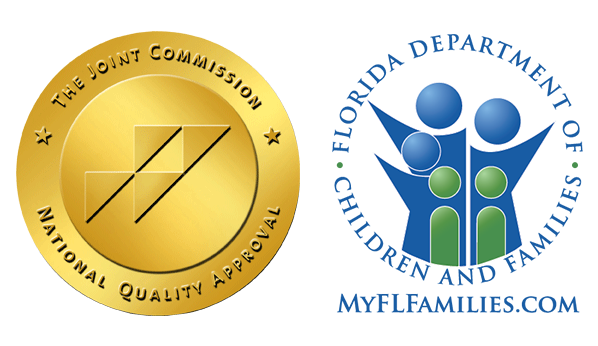In the United States, the opioid epidemic is a “serious national crisis” that began during the late 1990s.
With limited knowledge surrounding addictive opioid drugs, pharmaceutical companies reassured medics that clients wouldn’t become addicted to opioids. This led to an increase in prescriptions, frequent opioid misuse, and devastating consequences.
Experiences of childhood trauma are disproportionately higher in people who have an opioid use disorder (OUD), with research suggesting a relationship between them. This is useful to acknowledge as it helps break the stigma surrounding addiction. It additionally leads to a greater understanding of health behaviors.
What Are Opioids?
Opioids encompass a range of legal and illegal drugs, which interact with the opioid receptors, nerve cells in the body, and the brain by attaching to them and producing feelings of relaxation and pleasure. Diminishing feelings of pain, opioids produce euphoric sensations, making them highly addictive.
Derived from the poppy plant or produced synthetically in a lab, some of the most common opioids are:
- Oxycodone (OxyContin)
- Hydrocodone (Vicodin)
- Morphine
- Codeine
- Fentanyl
- Heroin
Illegal opioids are particularly dangerous as overdose is common and can result in death.
What Is Childhood Trauma?
Childhood trauma is defined as the harmful effect produced when a child goes through profound adverse experiences that threaten their safety. Such experiences can cause long-lasting physical and psychological effects, which often permeate into adulthood.
Some examples of traumatic events include:
- Sexual abuse
- Neglect
- Lack of affection
- Exposure to violence
- Bullying
- Emotional abuse
- Physical abuse
Trauma is also experienced through ongoing events such as the stress of living somewhere unsafe or witnessing a parent or caregiver going through their own trauma.
How Is Opioid Use and Childhood Trauma Related?
Alongside genetics, environmental factors such as childhood trauma contribute towards opioid addiction later in life.
Studies have suggested a link between those who have experienced early life adversity (ELA), such as child abuse, neglect, low socioeconomic status, and opioid addiction later in life. This is due to blunted stress reactivity, which makes the stress response system weaker in these people. In turn, they become more susceptible to drug abuse.
In addition, childhood trauma can disrupt the brain’s reward system, leading to risk-taking behaviors and experimentation with drugs. Despite the harmful health consequences, pursuing the ‘reward’ of the high caused by drugs can be especially powerful and addictive if the reward system isn’t functioning healthily.
Furthermore, it has been suggested that childhood trauma may affect the development of the endogenous opioid system. The endogenous opioid system is what controls pleasure, pain, and addiction.
When an individual experiences traumatic events in childhood, this system can be compromised, as a result, they become less prone to the negative side effects of opioids, such as nausea and dizziness, and more sensitive to its pleasurable effects.
These findings were further explored in a study in which physically healthy people were given morphine, with some having experience of childhood trauma and others with no such experience. The trauma group reported enjoying the effects of morphine more than the group who did not experience childhood trauma, thus suggesting a link between childhood trauma and OUD.
What Help Is Available?
Several therapeutic treatments are available if you or a loved one suffers from opioid addiction and have experienced childhood trauma.
Rehabilitation centers provide solutions including cognitive-behavioral therapy (CBT), talking therapies, and medication to help to overcome opioid addiction.
Dual diagnosis treatment is also available. This particular treatment is highly effective as it helps treat both the addiction and the childhood trauma and reduces the risk of relapse.
Understanding the link between childhood trauma and opioid addiction can help to destigmatize OUD. The treatment options available will enable those suffering to live a happy and healthy future.











